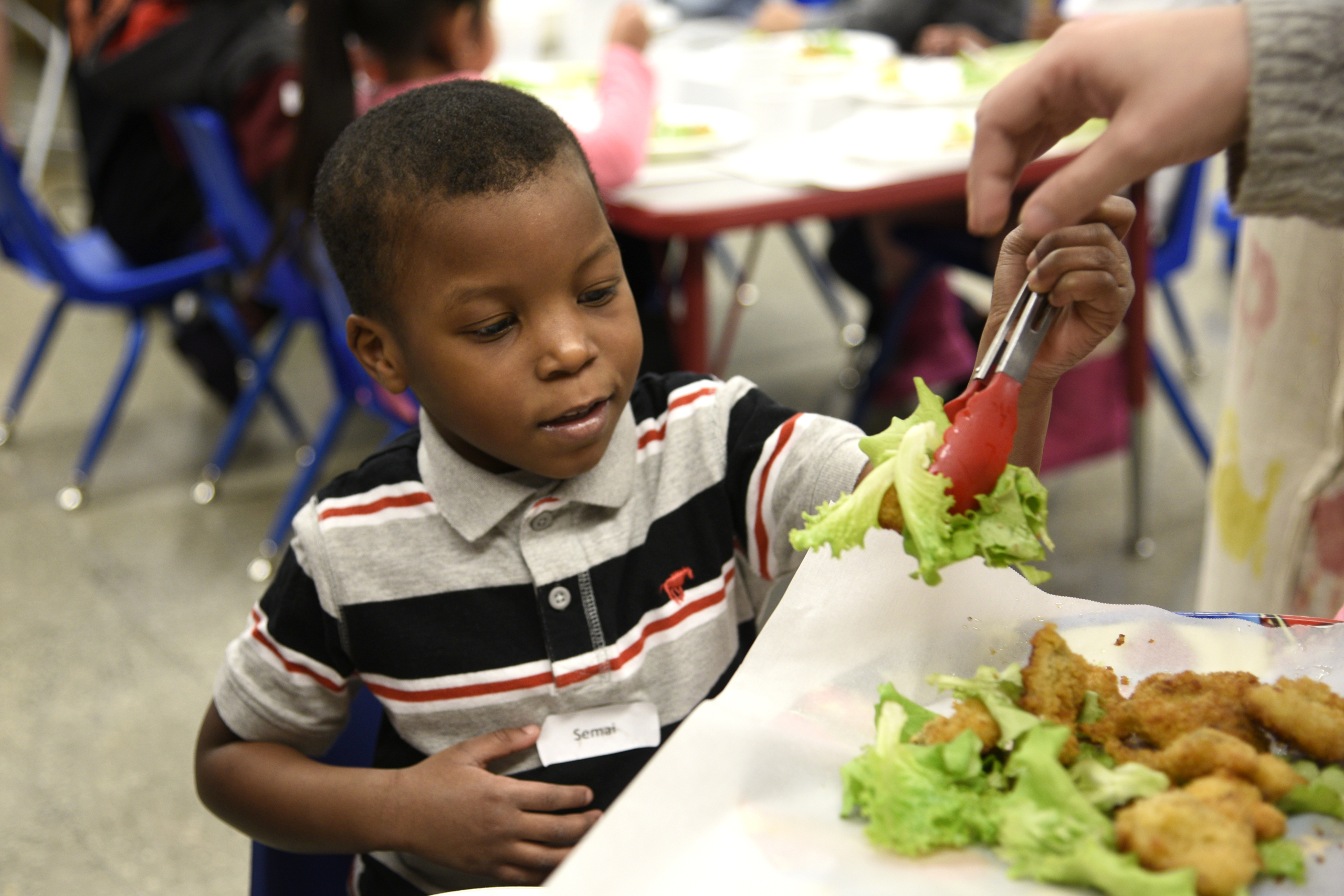This Black History Month, Nourish California wants to spotlight some important moments in the United States’ food history.
40 Acres and a Mule
Black farmers have always had to fight against racist policies and land theft for their share of the land. Since the 17th century, European slave traders used African people for their labor and their agricultural knowledge. For example, the rice empire in North and South Carolina was based on farming traditions in the Senegambia region of West Africa.
In 1865, Special Order No. 15 was enacted as reparations to previously enslaved people after the Civil War. It was a radical promise to take land from Confederate land owners and give Black Americans a chance to be self-sufficient and pass on wealth.
This Order was written by William T. Sherman from discussions with Secretary of War, Edwin M. Staton, and 20 leaders of the Black community in Savannah, Georgia. With their input, the Order:
- Described the specific land that would be given to Black Americans;
- Stated that new communities built on the land would be governed entirely by Black folks; and
- Specified that the allocations of land per Black family would be 40 acres.
And thus this Order became known as “40 acres and a mule”.
After less than a year, President Andrew Johnson overturned the Order in Fall 1865. He returned the designated land to the Confederate planters who originally owned it. As a result, Black Americans were pushed into sharecropping relationships, generating wealth for the white planter class and placing Black farmers into further debt.

The Growth of Black Farmers
In the 1900s, Black farmers began to save enough money to purchase their own plots of land. 1920 was the peak of Black farm ownership, with nearly 1 million Black farmers that worked on 41.1 million acres of land. In total, they made up 14.29% of American farm owners.
The terrorization of independent Black farmers and a rise in farmland prices forced more Black farmers to give up their land. Now there are fewer than 42,000 Black farmers, making up 1.24% of our nation’s farm owners. They work on 4.3 million acres of land – nearly a 90% loss of land in 100 years.

The Black Panther Breakfast Program
From 1969 to the early 1970s, the Black Panther Party offered a Free Breakfast for School Children Program. As one of their most effective programs, they fed tens of thousands of hungry children.
Party members banded together to provide this program. Firstly, food donations were collected from grocery stores. Secondly, nutritionists were consulted on healthy breakfast options for the kids. And finally starting at an Episcopal church in Oakland, they prepared and served food for free. This program quickly expanded to at least 45 locations at its peak.
The success of the Black Panther breakfast program showed the large need for children to be fed – and put pressure on the government to provide more support. USDA piloted their own free breakfast programs since the mid-1960s, but it didn’t take off until the early 1970s.
1972 - the federal government was feeding 1.18 million children out of the nearly 5 million children that qualified for their free breakfast program.
1975 - the School Breakfast Program was permanently authorized.
2022 - California was the first state to begin a statewide Universal Meals Program for school children.
Now in 2024 - California will be one of the first states to offer Summer EBT permanently.

History in the Making
These moments show how American systems have created strong barriers to food and financial security for Black Americans – but these aren’t problems of the past. To this day, Black Americans are uniquely hurt by food insecurity.
More than three in five Black/African American survey respondents ran out of food before they could afford to buy more. Furthermore, when turning to CalFresh for help, 37% of Black/African American respondents experienced unfair treatment when applying for the program, compared to 26% of the general population.
Nourish California is creating a Black/African American Task Force to highlight the ways Black/African American Californians face bias and discrimination when accessing CalFresh. Together, we will discuss policy solutions to these harmful systems.
Additionally, existing government programs prioritize large industrial farms and ignore diversified farming systems. This continues the rapid decline of Black farmers that we are witnessing, and with it comes the loss of their knowledge of the land. The Community Alliance with Family Farmers advocates for policy changes to support California farmers who identify as Black, Indigenous, and People of Color.
As a community, we are making history by changing these systems and improving access to food. Get involved by signing up for our newsletter or donating today.
Want to share what you learned here? Use our social media toolkit!



